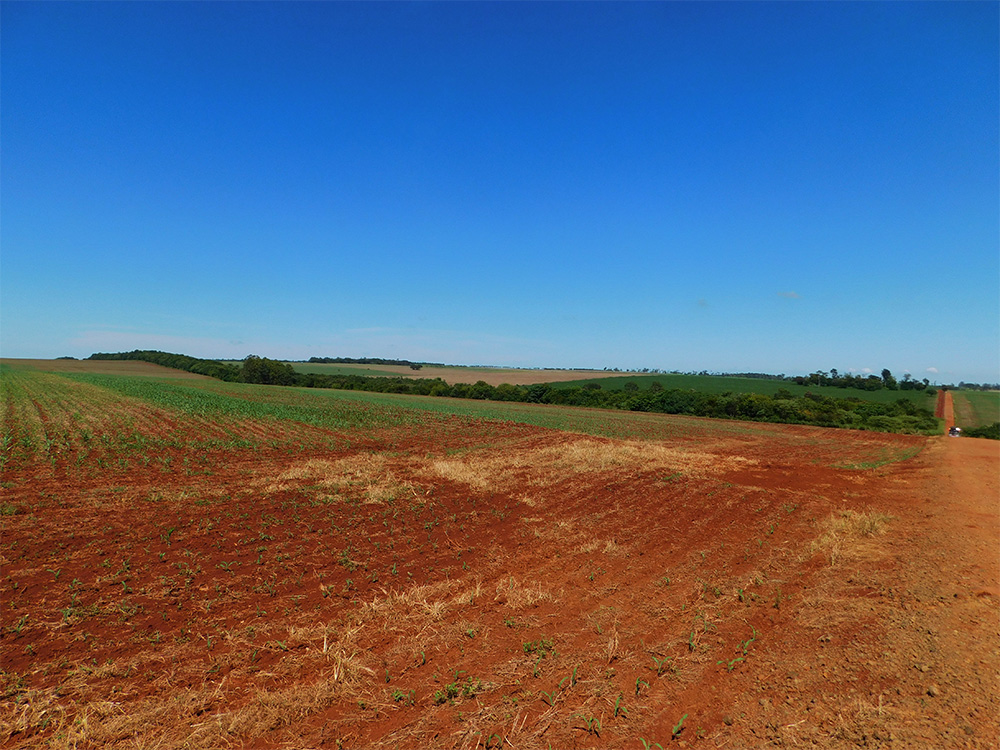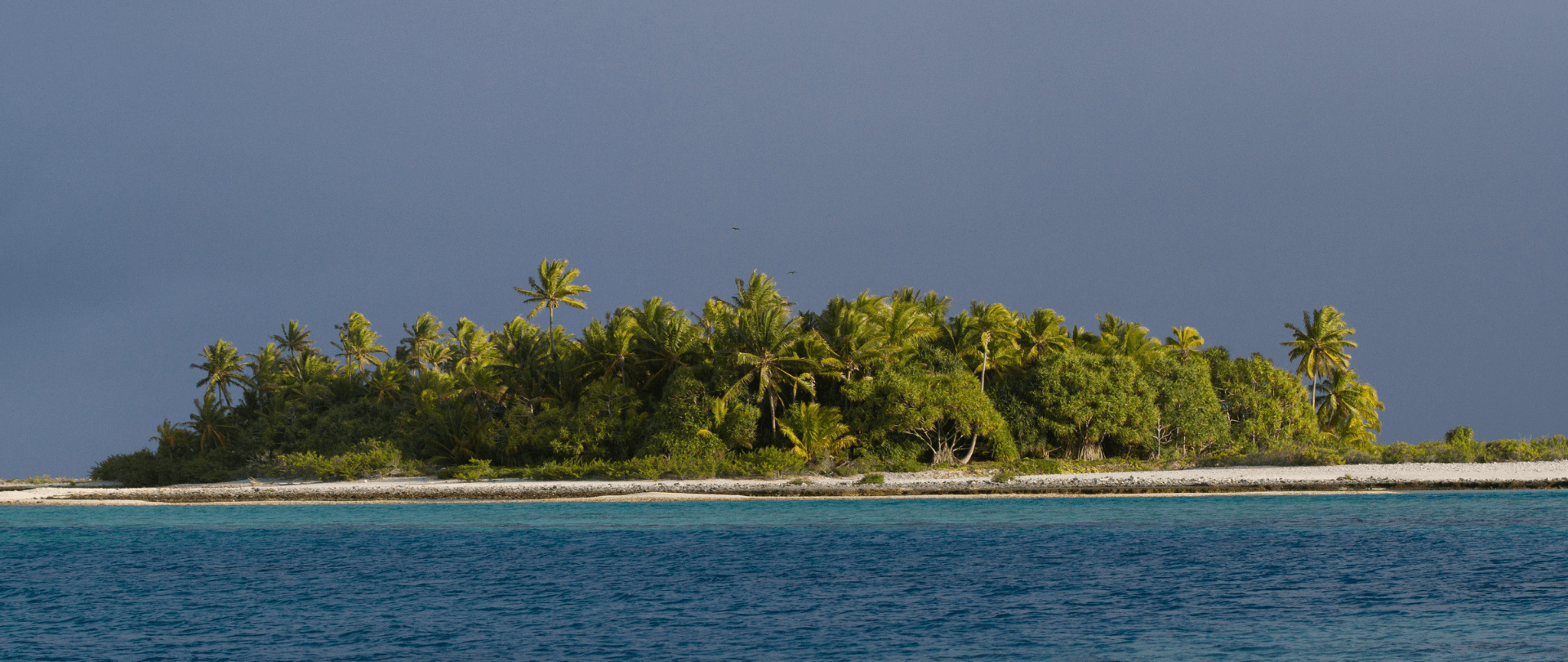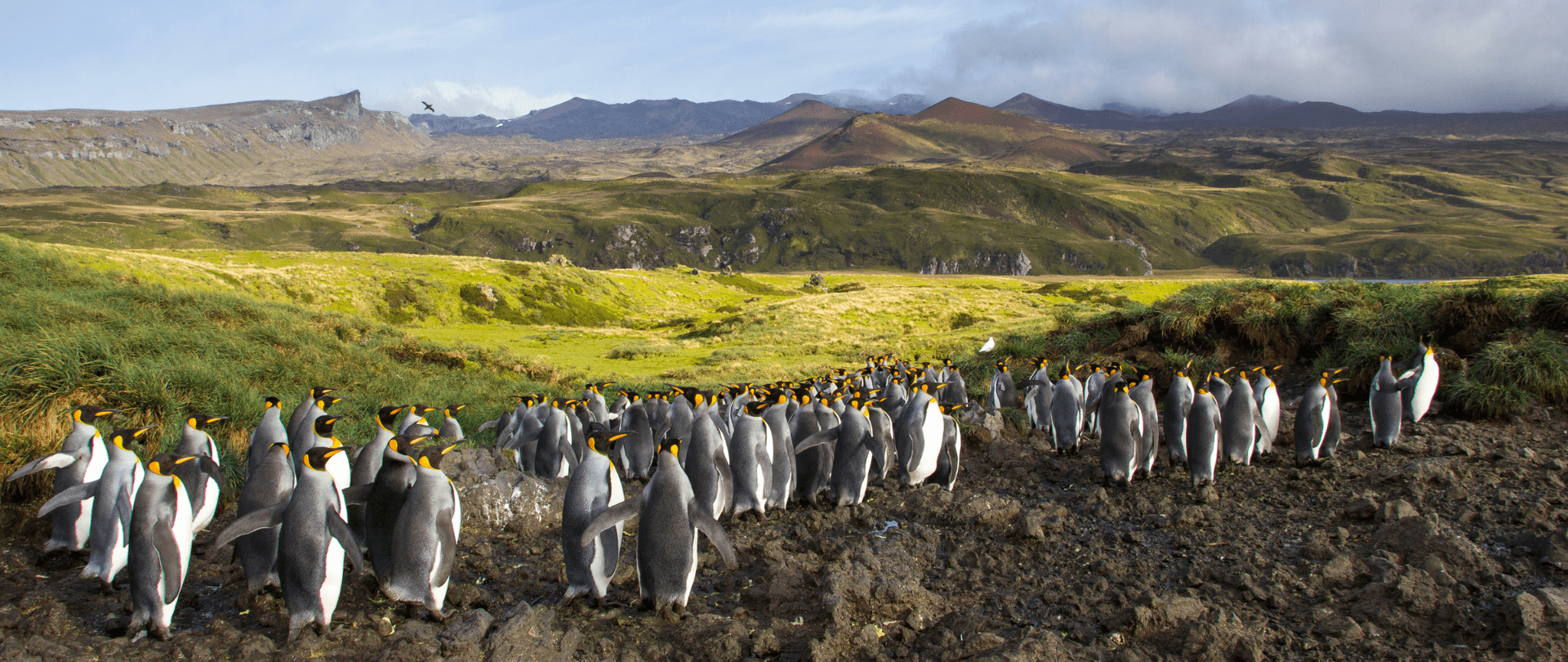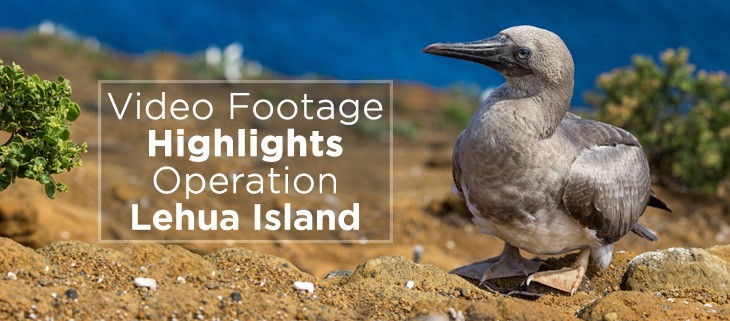Permanent Commission for the South Pacific and Island Conservation Sign MOU to Protect Marine and Coastal Areas in the Southeast Pacific (CPPS)
This historic agreement aims to protect the marine and coastal areas of the Southeast Pacific.
Our 2024 Impact Report is live!
Published on
March 13, 2019
Written by
stephanie
Photo credit
stephanie

Imagine, an entire decade dedicated to the restoration of precious ecosystem health and the resurgence of biodiversity. A project that builds upon ongoing restoration efforts like the Bonn Challenge; a lofty restoration initiative aiming to restore 350 million hectares of degraded ecosystems by the year 2030. Well, there is no need to simply imagine, because on March 1st, 2019, the United Nations General Assembly declared its UN Decade on Ecosystem Restoration. A 10-year period focused on improving ecosystem health and acceleration of ongoing restoration efforts worldwide.

It might surprise you to learn that due to the adverse impacts of depletion, erosion, and pollution, about 20% of the arable land on the planet is showing a reduction in fertility and agricultural viability. Not only does this impact plant, animal, and soil health, but it adversely affects the well-being of some 3.2 billion people whose livelihoods depend on this land. In fact, if the trends continue as they have been, by 2050 crop yields could reduce by 10% on a global scale, and by as much as 50% in specific regions. José Graziano da Silva, Director-General of the Food and Agriculture Organization of the United Nations (FAO) commented:
Ecosystems are being degraded at an unprecedented rate. Our global food systems and the livelihoods of many millions of people depend on all of us working together to restore healthy and sustainable ecosystems for today and the future.”

In deepening our understanding of these issues, it is important to acknowledge how inextricably tied and connected ecosystem health is with climate change and the presence of invasive species. Climate change has the power to degrade soil health, as does an invasive species proliferating and running rampant in an ecosystem not adapted to its presence. In areas that are bearing the greatest brunt of climate change, it is also easier for an invasive species to take hold. That is why the UN’s proposed restoration project so important.
The project, a marriage between the UN Environment and the Food and Agriculture Organization of the United Nations (FAO), intends to restore 350 million hectares of degraded land between now and 2030. This astonishing feat alone has the potential to general USD 9 trillion in ecosystem services as well as remove anywhere from 13-26 gigatons of greenhouse gases from the atmosphere. Joyce Msuya, Acting Executive Director of the UN Environment Programme commented on this fantastic new development:
UN Environment and FAO are honored to lead the implementation of the Decade with our partners.”
The research tells us over two billion hectares of the worlds degraded ecosystems show the potential for restoration. It appears there will be no shortage of opportunities for the UN’s Decade on Ecosystem Restoration to start making a lasting impact.
The hope this provides for the future of our planet, and all of the species that reside within it, is immeasurable. We have a lot of work still ahead of us, but the future is bright for ecosystem restoration.
Source: UN Environment
Featured Photo: Antipodes Island Credit: Island Conservation
Check out other journal entries we think you might be interested in.

This historic agreement aims to protect the marine and coastal areas of the Southeast Pacific.

Our projects to restore key islets in Nukufetau Atoll forecast climate resilience and community benefits in Tuvalu!

Island Conservation and partners have published a new paper quantifying ecosystem resilience on restored islands!

Climate Week NYC: what is it and why is it important? Read on to find out why Island Conservation is attending this amazing event!

With sea levels on the rise, how are the coastlines of islands transforming? Read on to find out how dynamic islands really are!

Join us in celebrating the most amazing sights from around the world by checking out these fantastic conservation photos!

Rare will support the effort to restore island-ocean ecosystems by engaging the Coastal 500 network of local leaders in safeguarding biodiversity (Arlington, VA, USA) Today, international conservation organization Rare announced it has joined the Island-Ocean Connection Challenge (IOCC), a global effort to…

Island Conservation accepts cryptocurrency donations. Make an impact using your digital wallet today!

For Immediate Release Conservation powerhouse BirdLife South Africa has joined the Island-Ocean Connection Challenge (IOCC) – a global initiative aiming to restore, rewild and protect islands, oceans and communities – to support its work to save internationally significant albatross populations…

Video captures insights and hopes from the partners who are working to restore Lehua Island, Hawai’i. In 2021, Lehua Island officially became free from the threat of invasive rodents. This is a huge accomplishment that has enriched the region’s biodiversity…